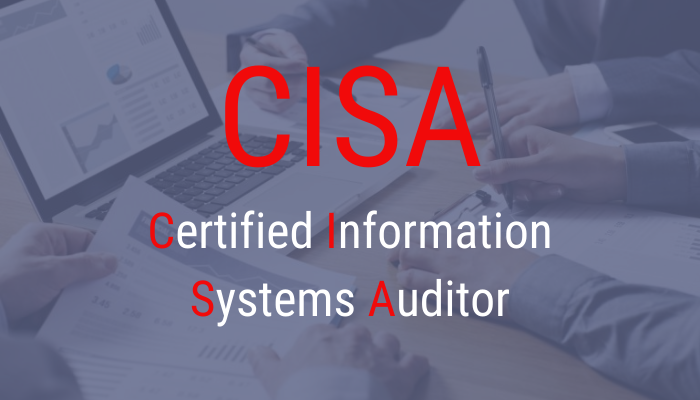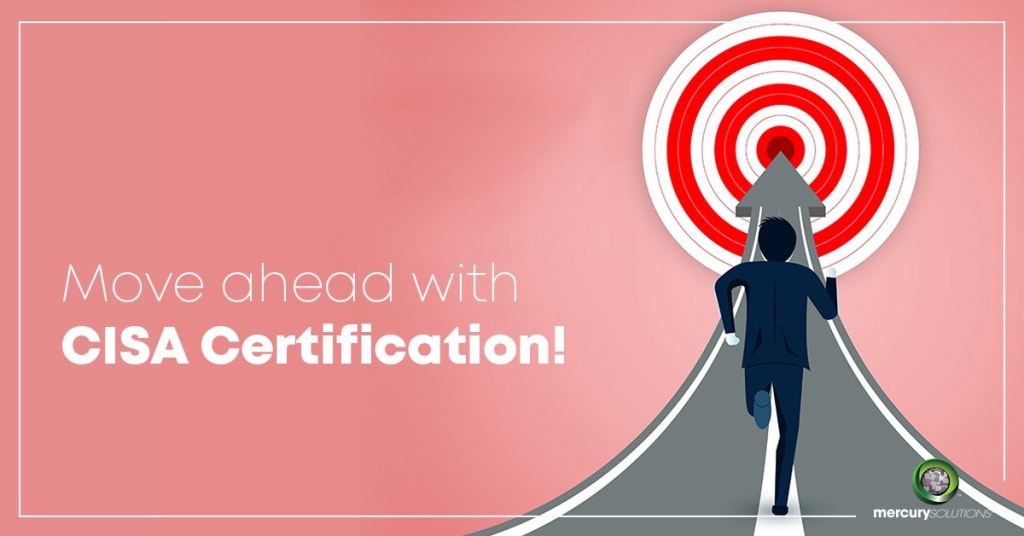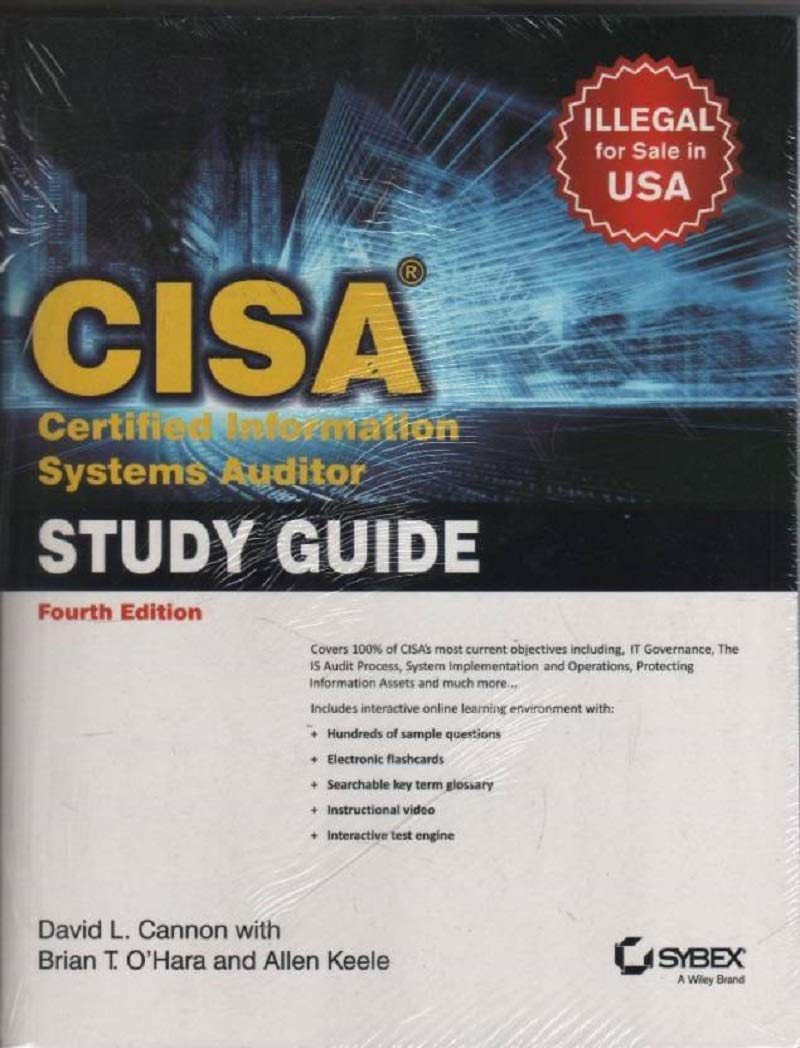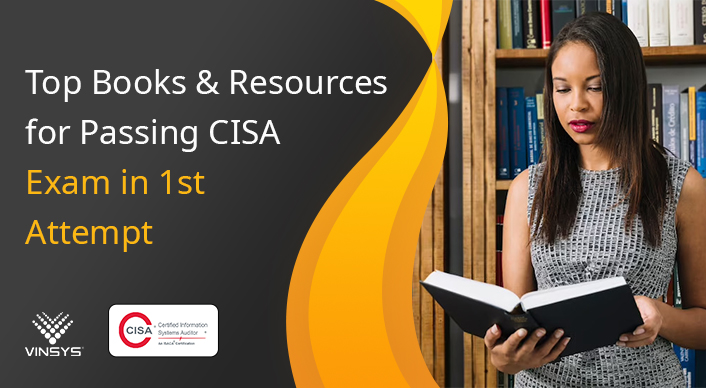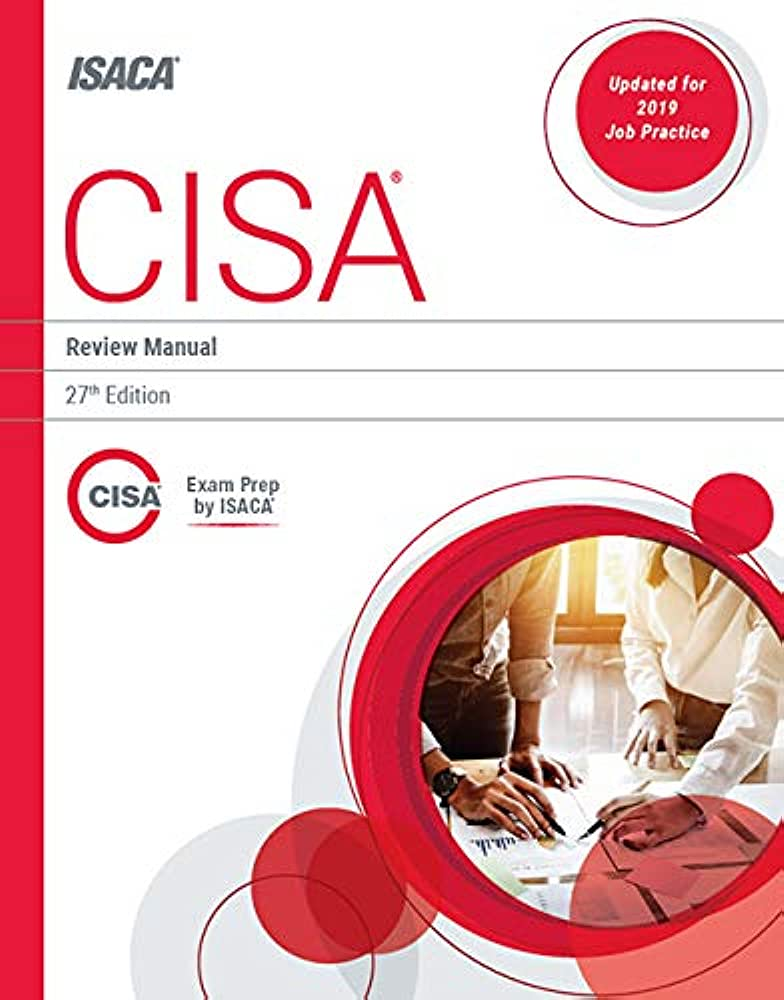How Long Does It Take To Study For Cisa

Aspiring Certified Information Systems Auditors (CISAs), brace yourselves. The clock is ticking, and effective preparation is key to acing the exam.
Earning the CISA certification can significantly boost your career in IT audit, control, and security. But how much time should you realistically dedicate to studying? Here's a breakdown to help you plan your approach.
Study Time: Averages and Realities
There's no one-size-fits-all answer, but experts suggest dedicating between 80 to 120 hours of study time. This translates to roughly 2-3 months of consistent effort, studying several hours per week.
The ISACA, the governing body for CISA, doesn't officially endorse a specific study duration. Individual factors heavily influence the time required.
Your existing knowledge and experience play a significant role. Candidates with a strong background in IT audit, security, or control may require less study time than those new to the field.
Factors Influencing Study Time
Several key aspects impact the preparation timeline. Consider these when crafting your study plan.
Your prior experience in IT audit and security drastically alters study needs. Individuals already working in similar roles may find some domains easier to grasp.
Your preferred learning style influences the tools and methods you choose. Are you a visual learner? Do you prefer self-study, or structured courses?
The depth of understanding you aim to achieve matters. Aim for more than just memorization; focus on applying the concepts.
Effective Study Strategies
Time spent studying is only valuable if it's effective. Maximize your preparation using these strategies.
Invest in official ISACA study materials, including the CISA Review Manual and practice questions. These resources are designed to align with the exam content and format.
Consider enrolling in a CISA review course led by experienced instructors. These courses provide structured learning and opportunities for interaction.
Take numerous practice exams to familiarize yourself with the question types and identify areas for improvement. Analyze your results and focus on weak domains.
Join study groups or online forums to discuss concepts and share insights with other candidates. Collaboration can enhance your understanding and retention.
Avoiding Common Pitfalls
Many candidates underestimate the exam's difficulty. Avoid these common mistakes to increase your chances of success.
Don't rely solely on memorization; focus on understanding the underlying principles. The exam tests your ability to apply knowledge in real-world scenarios.
Avoid neglecting any of the five CISA domains. A balanced approach is crucial for achieving a passing score. These domains include:
1. The Process of Auditing Information Systems
2. Governance and Management of IT
3. Information Systems Acquisition, Development, and Implementation
4. Information Systems Operations and Business Resilience
5. Protection of Information Assets
Don't wait until the last minute to start preparing. Cramming is unlikely to be effective for such a comprehensive exam.
What's Next?
Start by assessing your current knowledge and experience. Then, create a realistic study plan that fits your schedule and learning style.
Visit the ISACA website for detailed information about the exam, registration process, and study resources. Regularly check for updates and announcements.
Earning the CISA certification is a significant achievement. With diligent preparation and a strategic approach, you can confidently conquer the exam and advance your career.




